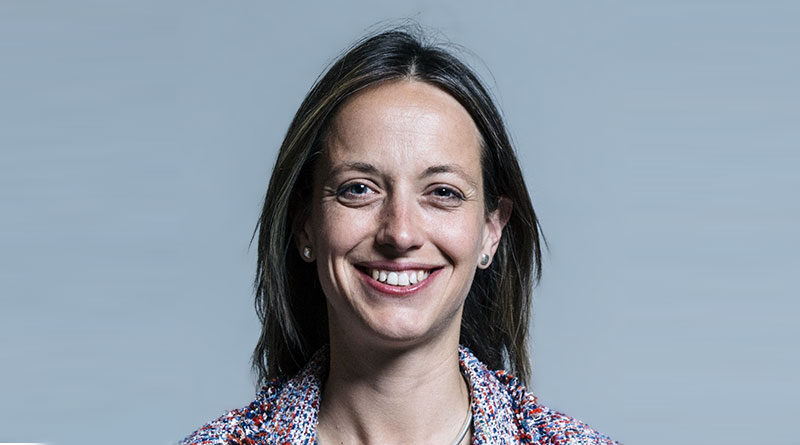Care Home Residents Can Stay Overnight As Visiting Restrictions Ease
Care home residents will be able to spend more time with family and friends, including overnight stays as part of an easing of visiting restrictions announced today.
Currently residents can only leave the care home for a visit if outdoors or for high-priority reasons, such as a dental or GP appointment, but will now be able to leave the home for more social reasons without having to isolate.
From 21 June, people admitted to a care home from the community will no longer have to self-isolate for 14 days on arrival, so residents will have a less disruptive introduction to their new home.
To ensure this happens safely, residents will undergo an enhanced testing regime – a PCR test before admission, a PCR test on the day of admission and a further PCR test 7 days later.
Minister for Care, Helen Whately said:
“I have heard first-hand from those living and working in care homes how difficult the restrictions around visiting have been and I’m incredibly grateful to everyone working in the sector who has helped reunite families safely.
“Thanks to the continued success of the vaccine rollout, I am pleased we can now take another step towards normality, helping more people enjoy visits out of the care home while protecting them from the continued risk of COVID-19.”
The government has also strengthened the role of the ‘Essential Care Giver’, which means every resident should be able to nominate a friend or family member to provide extra care on their visits. Essential Care Givers can continue to visit during outbreaks.
The Essential Care Giver role is intended to provide additional support from someone with a unique personal relationship with the resident.
They have access to the same PPE and testing supply as care home workers and should be allowed to continue to visit during periods of isolation or where there is an outbreak.
Care home residents would still need to isolate for 14 days following a visit out that would be deemed high risk through a risk assessment or after an overnight stay at hospital.
If a person is admitted from a hospital or another care home they must also self-isolate.
The government has worked to do everything it can to make sure staff are kept as safe as possible while they support others, including prioritising them for the COVID-19 vaccine, increased testing and a constant supply of free PPE.
Almost £1.8 billion has been made available for adult social care including infection prevention and control measures to support providers to pay staff who are self-isolating and limit the movement of staff where possible.





